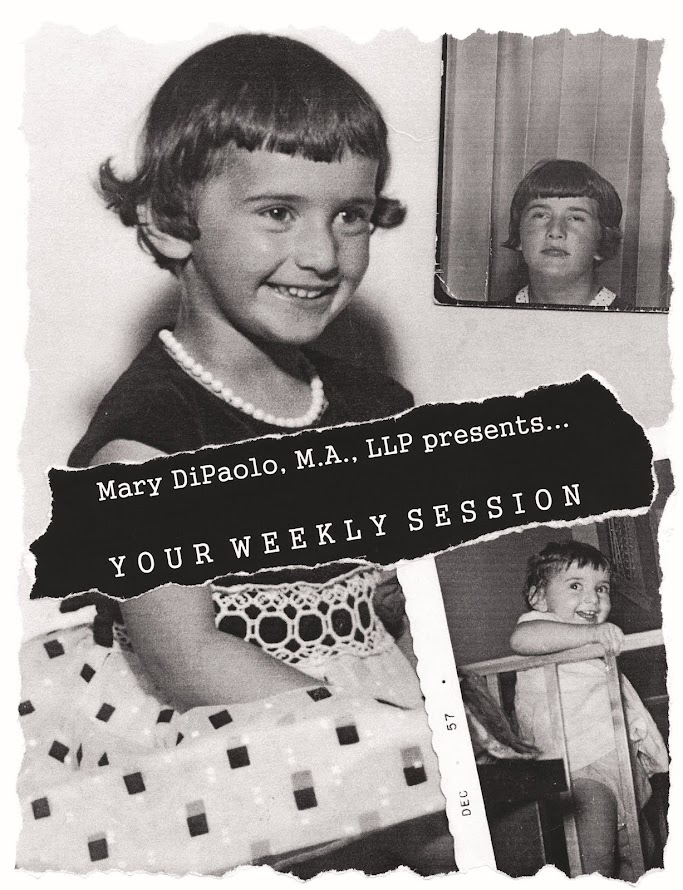To be avoidant to the extent of it impacting "everything" in one's own mind, lifestyle choices, and social relationships is a terrible way to live. These are the folks have tremendous difficulty with forming and maintaining healthy enough social and/or emotionally intimate personal relationships. You may not be able to tell in some cases, but in others...it's quite obvious. AvPD'ers are basically obsessed with how they "present" to the world around them with a typically negative spin attached to any and all realities associated with social interaction or relationship dynamics. YET, these are the same folks who are still searching for their own "favorite person" or "magical thinking safety person" or "soul mate" (whatever one chooses to call him/her/them!). There is a constant fear of embarrasing oneself, being judged harshly, not getting what one wants when one wants it ("She didn't send me a heart emoji back when I texted her one." "He came for coffee but I kept thinking about if he liked the coffee, was it hot enough, did he think I was dressed o.k., do I look desperate because he's just a co-worker I don't know very well.." "Oh no, he says he has to leave now, NOOO!!!!!"), fear of being falsely accused of something....while at the same time blaming everything and everyone for "being who I am I can't stand me and it IS all my fault---but YOUR fault too for that time when you......... (fill in the blank)!!"
Yep, it's a hell of a hot mess way to live as an AvPD'er, no kidding!
Cluster C personality disordered people are the "anxious and afraid" bunch among us in an "on blast" kind of way. Of course, they do NOT want anyone to recognize them as such; that would be disaster! They already doubt their ability to interact successfully enough with others; I have witnessed AvPDers who can easily transition to "expert" status in conversation in order to protect themselves from harsh judgment, as one example. Self-exposure, however, occurs when they begin littering their interactions with phraseology like "Well, you would probably...", or "I can tell you believe.....", or even more jarring, "how dare you say........to me right now!" Huh?!?!
In my case, I met a brand new client years ago who spent the first 15 minutes of our session telling me each and every way she harshly judged herself. When she finished telling me all the reasons why she harshly judged herself, I replied by saying, "It's not a good way to live being so hard on yourself when you judge yourself like that." You would have thought I told her to eat caca and die. She became immediately infuriated and said, "You aren't supposed to judge me like that! You're a therapist!" OMG stop. But that's what AvPDers do and how they roll. "I" can tell you everything I do that I hate about myself...but don't YOU remind me of it too!" Or like what one of my former clients told me as soon as I answered the phone one morning, "Now listen Mary, I don't want you to tell me the truth; just tell me what I want you to!" LOL! Yeah, well---what can I say? AvPDers like being in control too; it's part of their overall makeup! ;-)
In spite of all the strikes against themselves that AvPDers keep pursuing to protect themselves from shame, guilt, loneliness, hurt, anger, and confusion....they at the same time still want to create and maintain a sense of personal power, feeling "good" on demand, and avoiding (of course!) personal responsibility whenever possible. Eek! This is why you can experience AvPDers as extremely insecure, but at the same time extremely controlling; extremely kind, but at the same time extremely demanding; hyper-aware about so many things, but at the same time clueless to so many other things.
Some experts believe Cluster C personality disorders are the most difficult to treat successfully, if at all. I don't agree.
Until next post...
